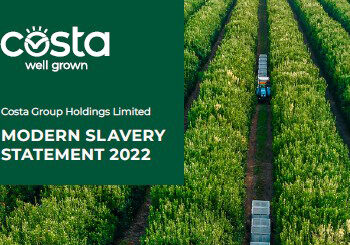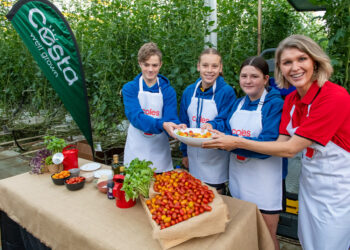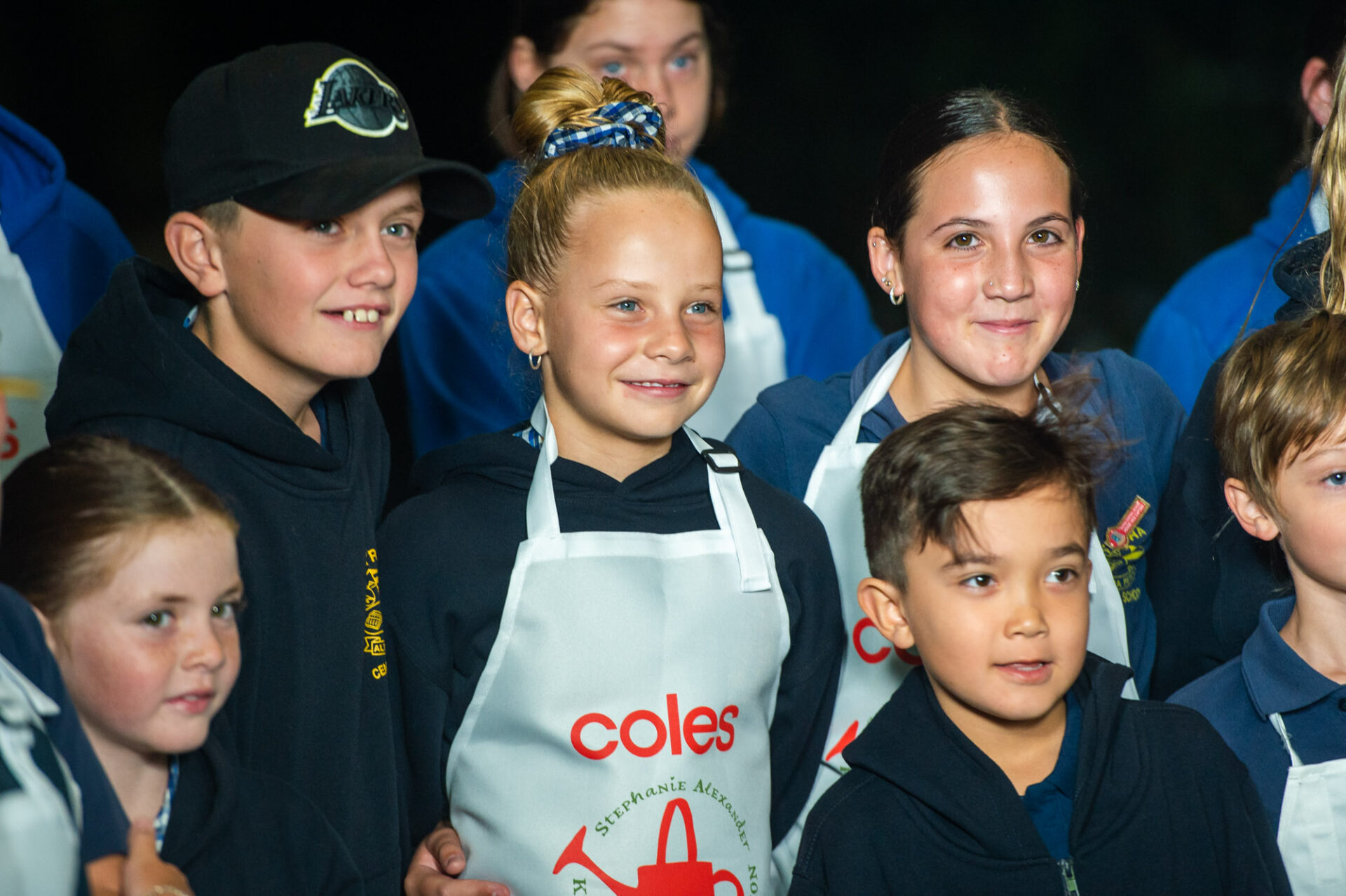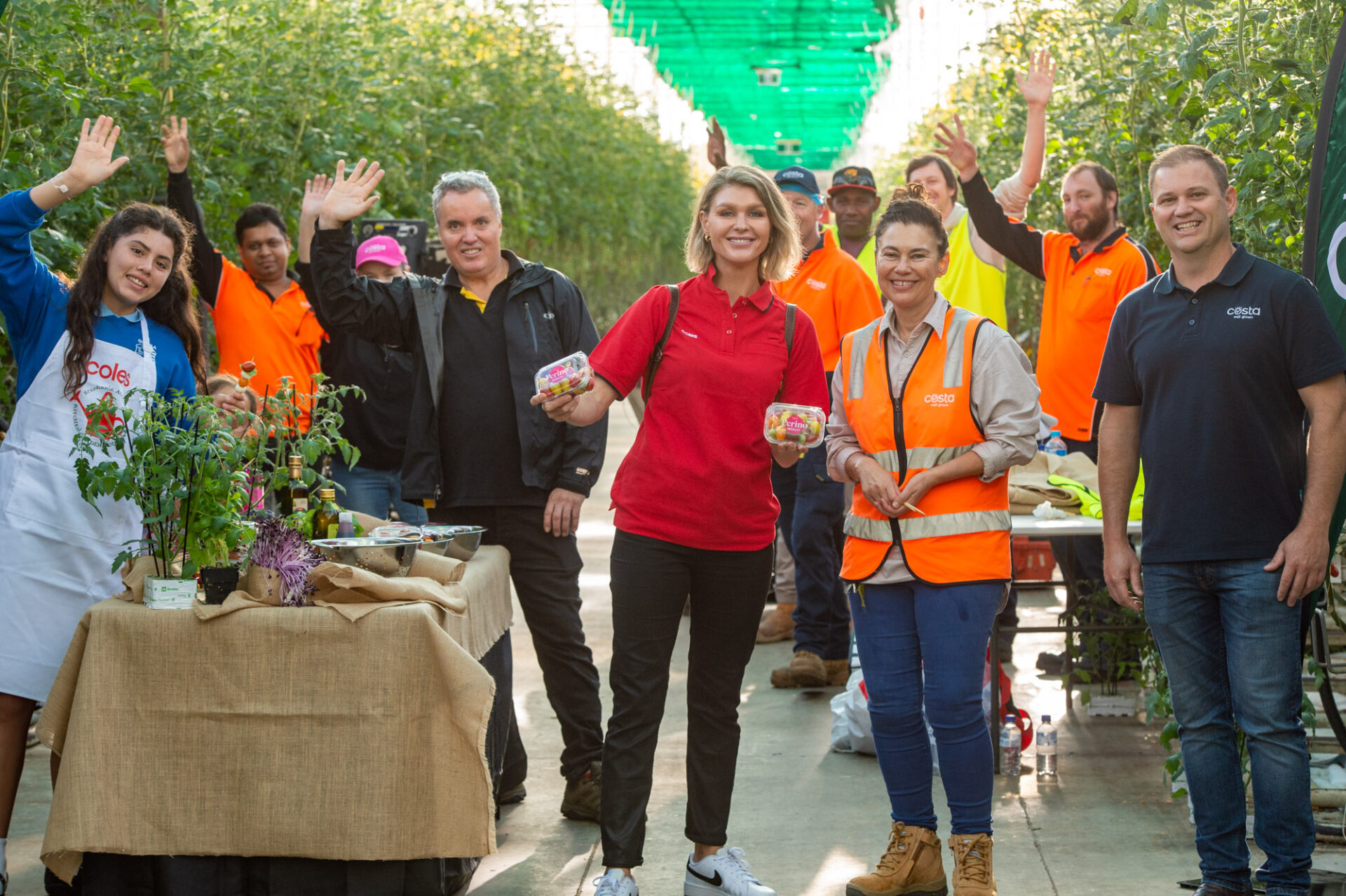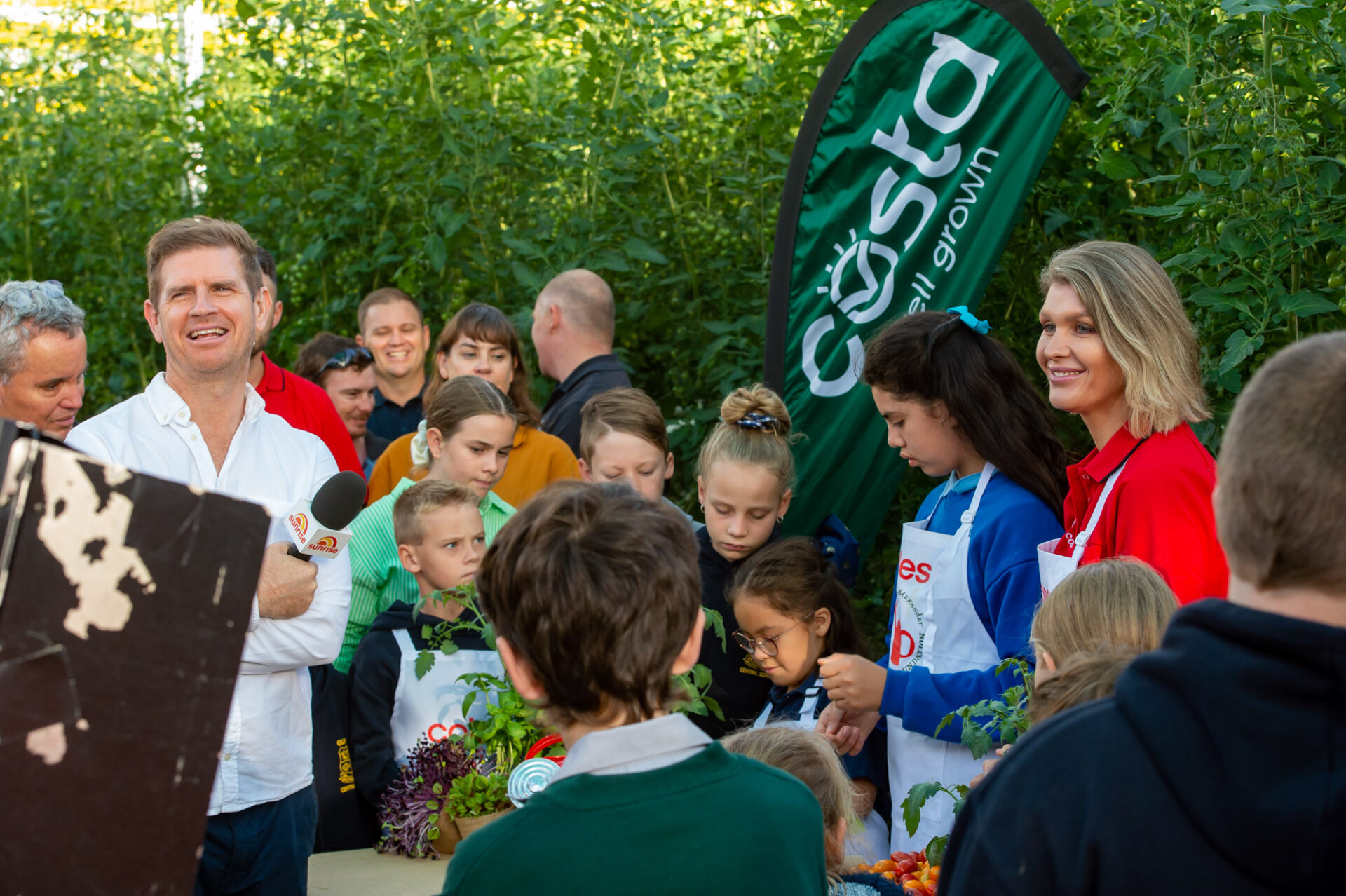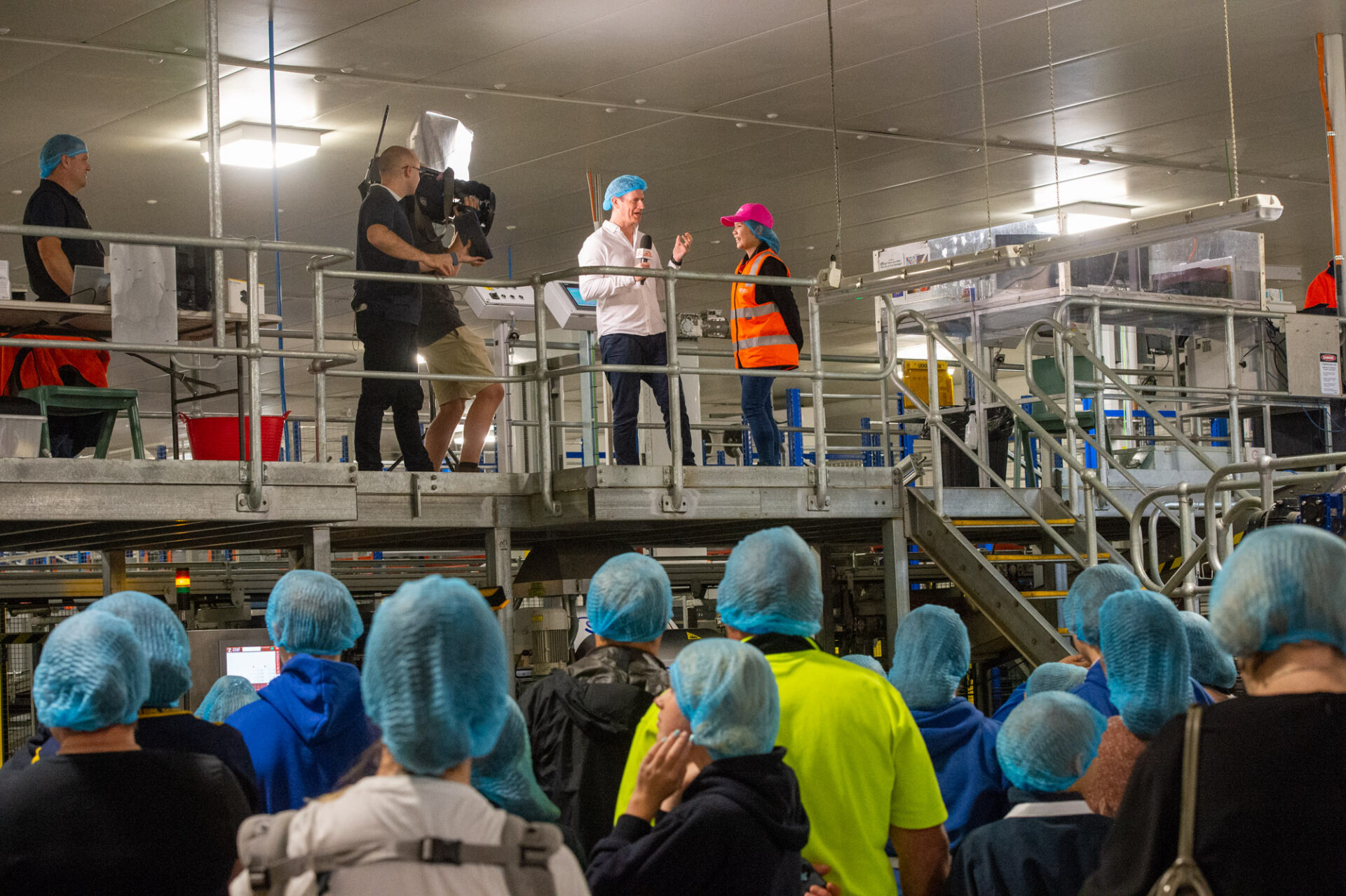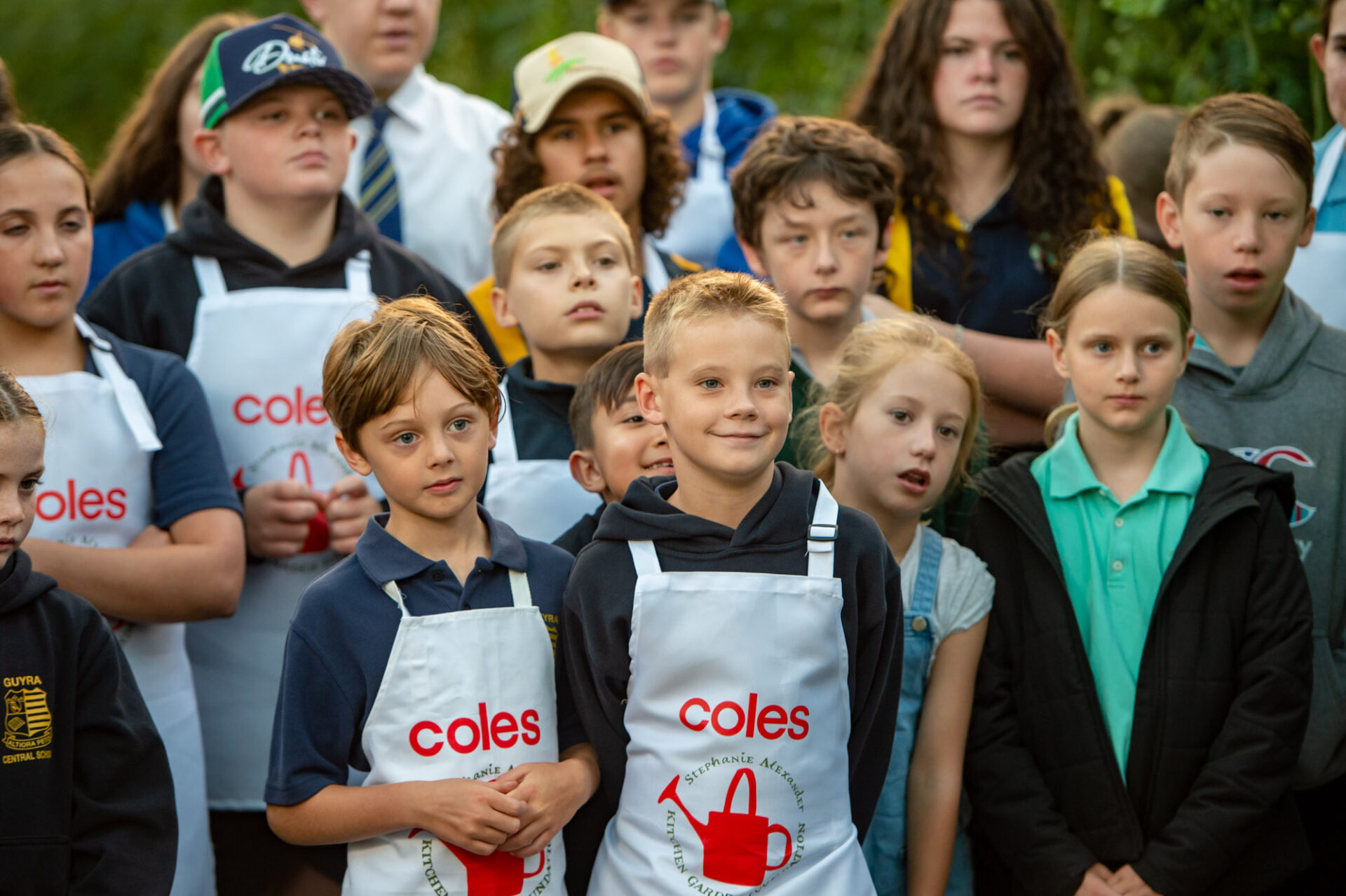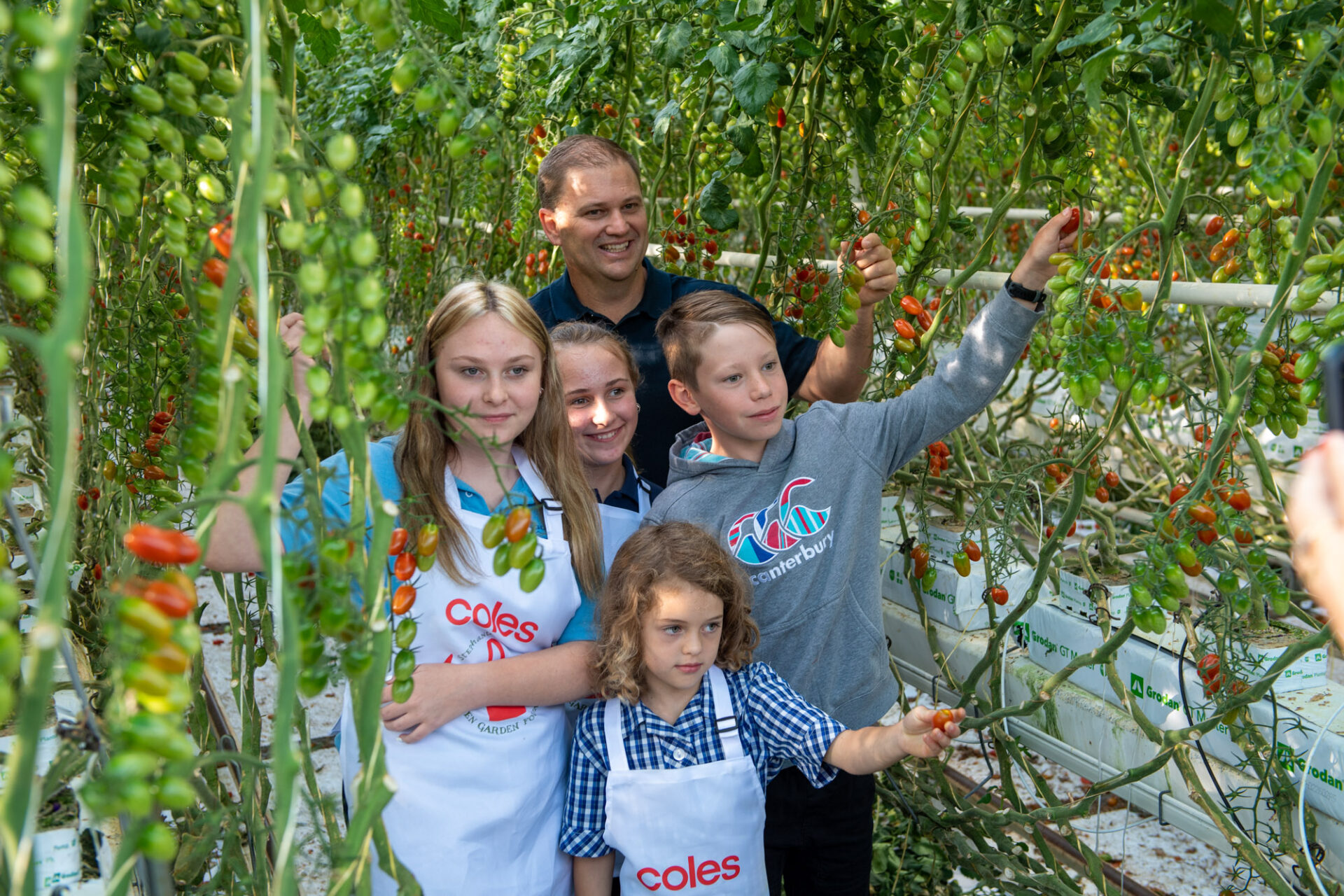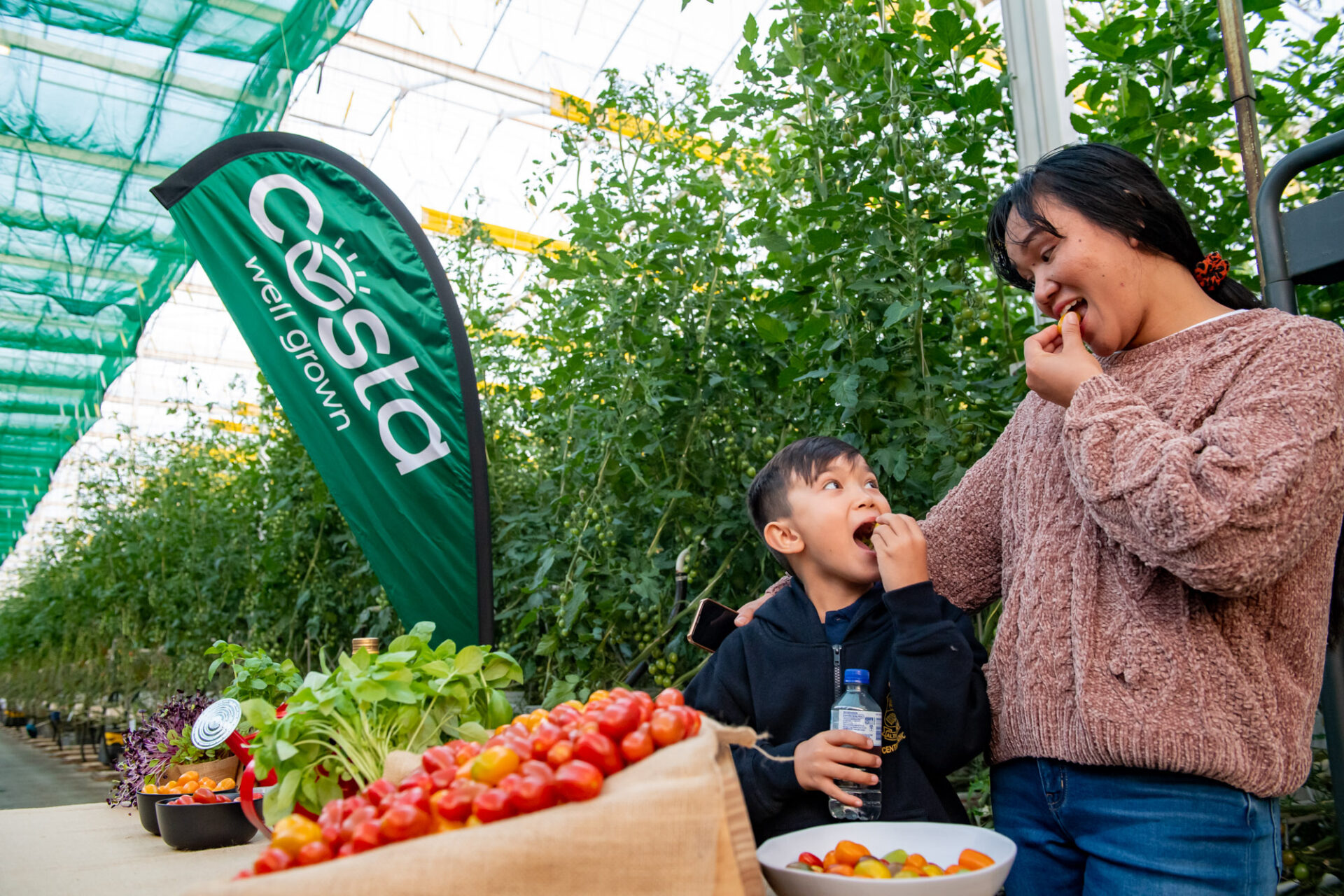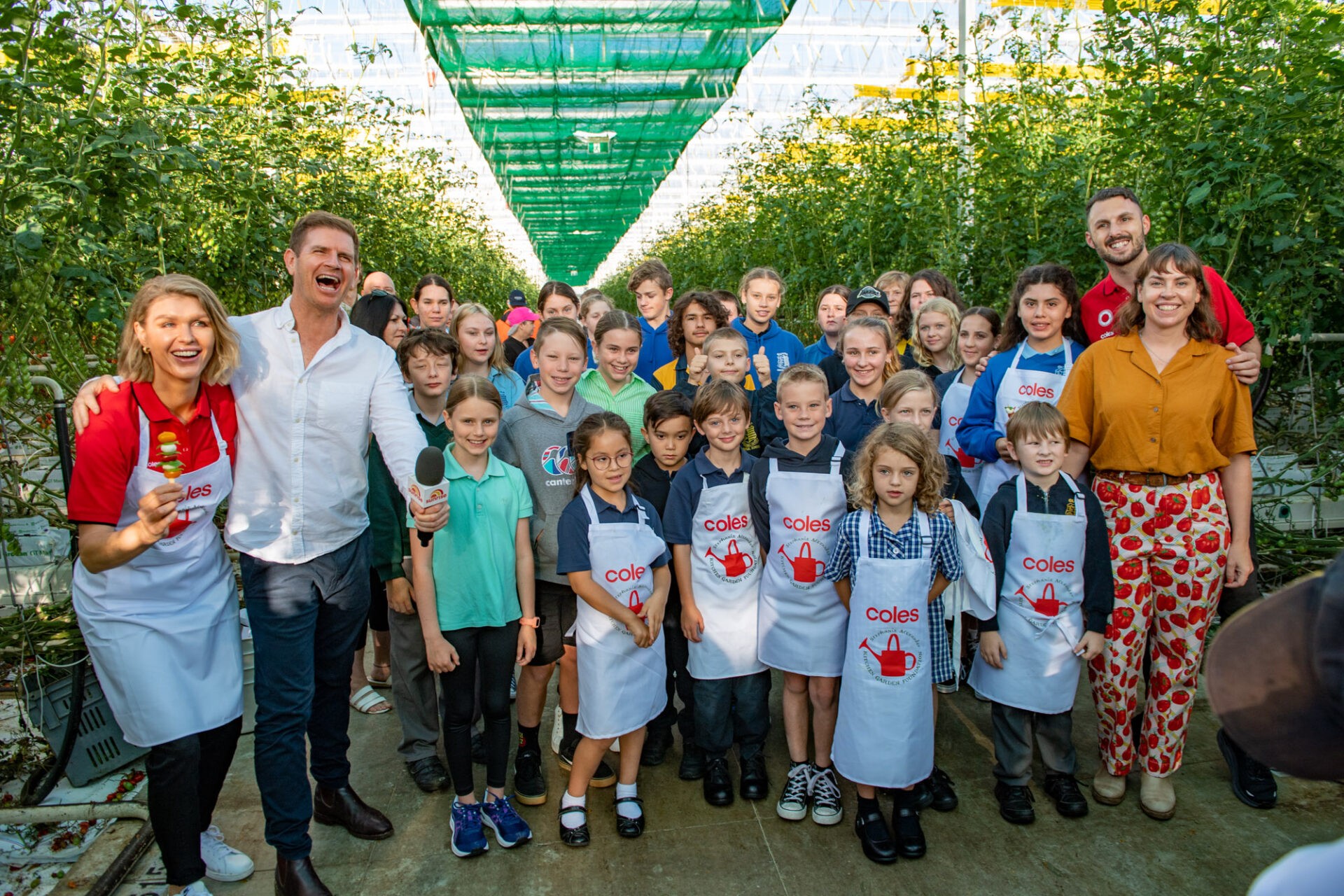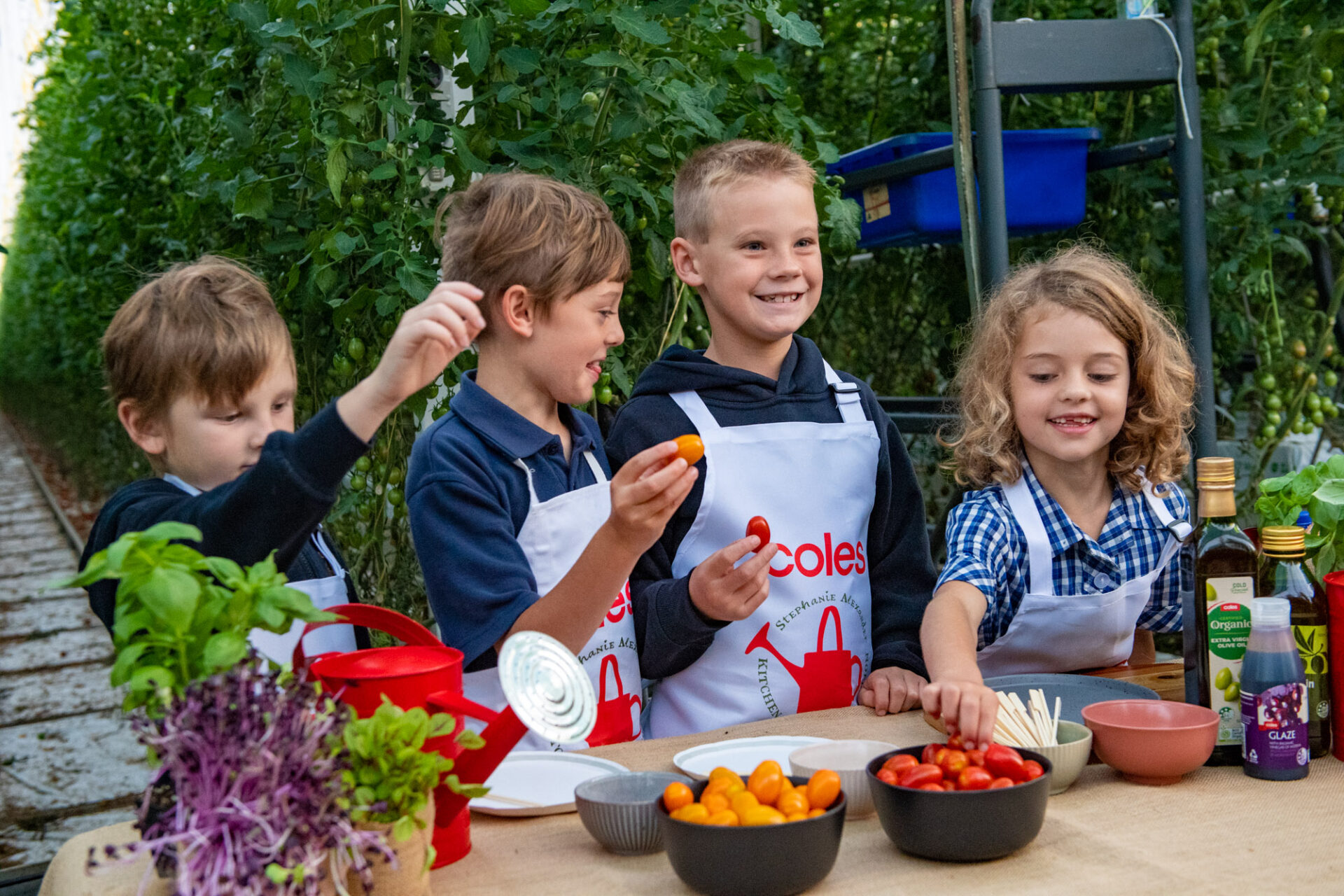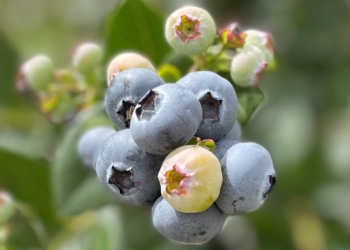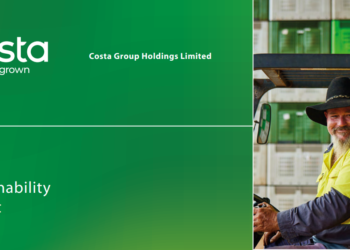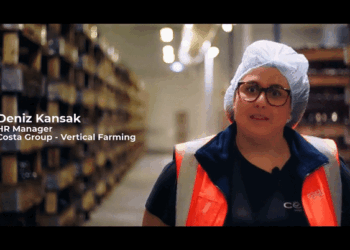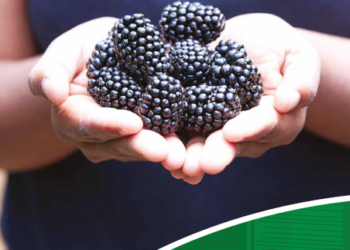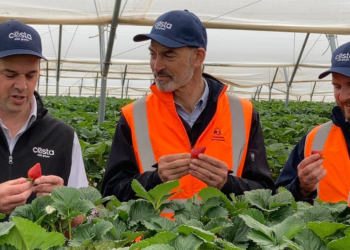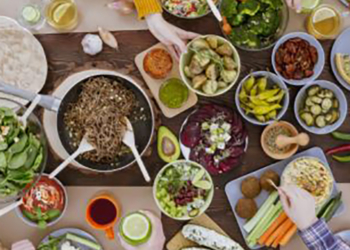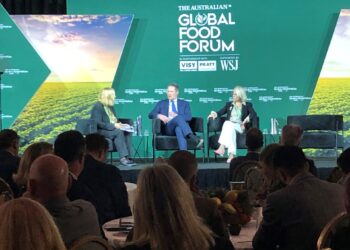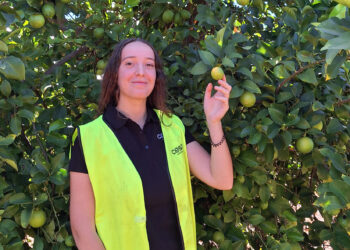The harvest of Costa’s Tasmanian berry crop has commenced with a newly recruited Tasmanian workforce.
“We are looking forward to the new season and to date we have employed 69 Tasmanians, with another 50 starting next week, from 405 local applications,” said Costa Tasmanian Regional Manager, Cameron Folder.
The recruiting of Tasmanian workers has been made possible by Costa’s “Pick Adventure” campaign featuring locals who have achieved successful careers in the horticultural industry, supported by the State Government’s “Tassie Harvest Jobs – Take Your Pick” program and the Federal Government’s “Harvest Trail”.
“Over the harvest season Costa aims to employ up to 900 Tasmanians in a range of positions. These jobs include supervisors, crop maintenance, picking, packing, pest management, truck drivers, forklift drivers, irrigation and general maintenance. People who have successfully applied to Costa will be contacted and offered a position,” said Mr Folder.
Costa already has in place a COVID safe workplan, which includes the temperature testing of all workers before they enter any Costa site.
“It is important that we do everything we can in our business to make sure Tasmania stays COVID free and the healthy and safety of our workforce is a priority,” said Mr Folder.
Tasmania is the only location where Costa currently grows the four main berry types – blueberries, raspberries, strawberries and blackberries, which makes Tasmania a key part of Costa’s ability to supply Australians with quality berries year-round. To achieve this, we estimate we will need approximately 2000 workers.
“The size of our crop and the duration of our season which can last up to six months means additional labour will be required. Costa is working closely with the State and Commonwealth Governments to supplement the Tasmanian workforce with backpackers who are already in Australia and seasonal workers, many of whom are also on the Australian mainland,” said Mr Folder.
The combination of local labour, backpackers and seasonal workers make a major contribution to the local economy leading to a significant economic injection into the local North and North West Tasmania goods and services sectors. Importantly the Seasonal Worker Program also contributes to Australia’s foreign aid effort.
“Costa also utilises local suppliers where possible for items including machinery, contractors PPE and fertiliser, further adding to the Tasmanian economy,” said Mr Folder.
Photo caption: Taking a look at the new strawberry crop are from left, Cameron Folder, Costa Berries Regional Manager Tasmania, Minister for Primary Industries and Water Guy Barnett and Member of Braddon Felix Ellis.


